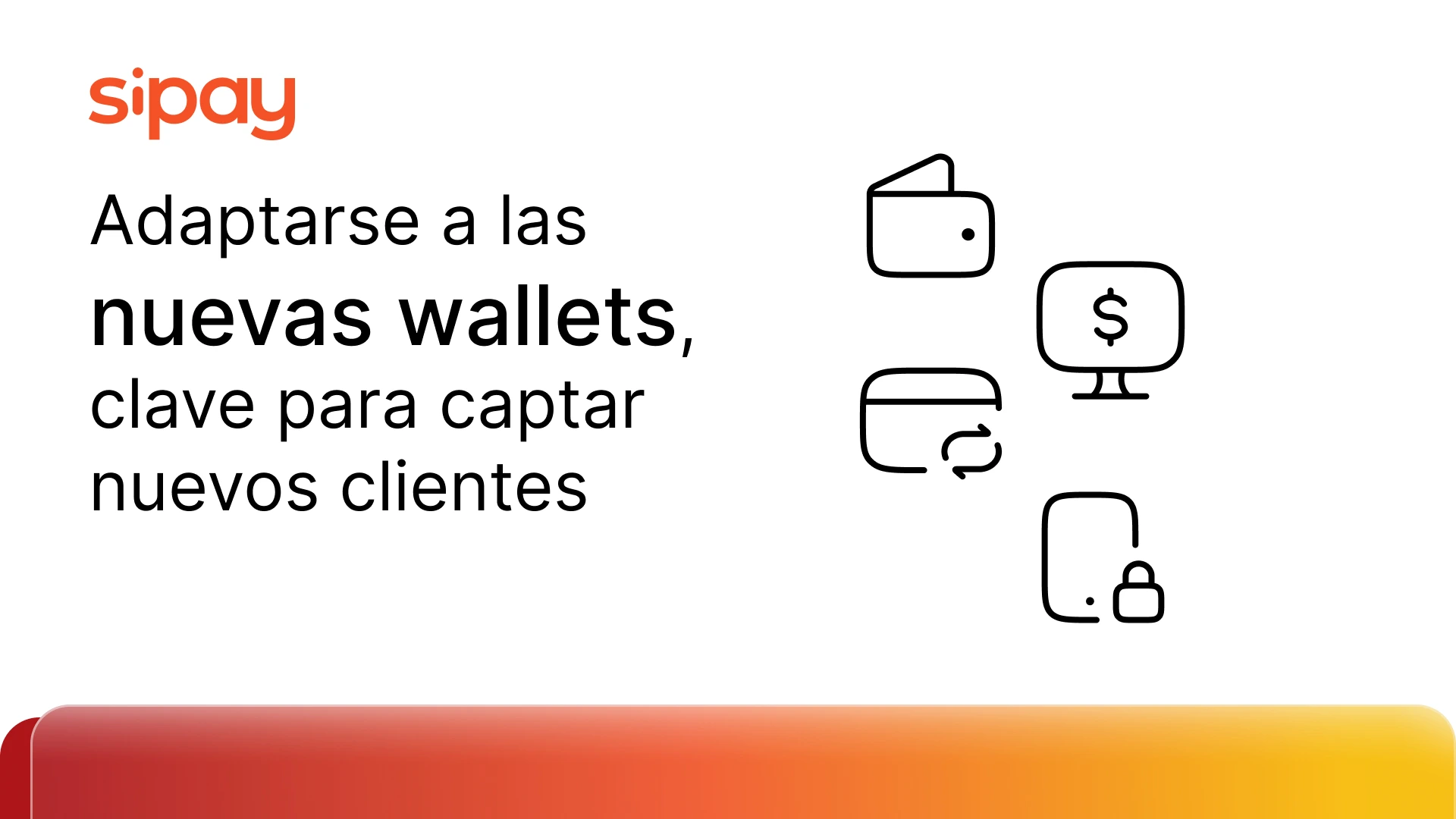Many areas of the digital and communication field can be modified and even transformed to adapt to the new environment.
The coronavirus crisis is affecting all types of companies and all sectors, as well as all consumers in almost the hole planet. Even so, not all of its effects are negative, since businesses such as supermarkets are seeing their sales increase and channels such as online are also finding positive figures. In any case, there is something that is undoubtedly driving this crisis: digitalization, digital tools and people’s creativity (lots of creativity). Therefore, we want to review the different areas that can be modified and even transformed to adapt to the new environment:
- Streaming video: streaming is going to be everything in the next few days. Live videos generating concerts in social networks such as Instagram, virtual visits to museums, series and films, videos on YouTube, etc. The entertainment options with this technology are almost infinite and in the last days have increased their offer and their use, showing how the use cases are almost endless.
- Video call tools: tools such as Skype or FaceTime among many others have become essential for communication between those people who, given the situation, can not relate physically, stay or do their usual activities. The use of these tools has multiplied exponentially, both at work to speed up meetings between colleagues, and individually to chat or even have a coffee at a distance with friends.
- Social media and business networks: While the use of social networks and messaging applications was already widespread and growing, with the increase in leisure time and the need to stay connected, its users are now more active than ever launching challenges, messages of support, tips, memes and other entertainment. But this content is not only increasing at the individual level, but companies that have already implemented teleworking as a preventive measure are also making greater use of communication channels such as internal chats, which replace daily conversations and meetings in the office
- Ecommerce: The closure of stores of goods that are not considered basic, added to the preference to remain at home is making ecommerce the perfect channel to buy at this time, paying and receiving the products without moving from the room. Within this type of commerce is the consumer goods that is seeing a greater boost in its online sales, even though it was so far was the sector that recorded the lowest data in this area. We will see if this trend and change in habits remain in place and continue once the health crisis is over.
- Telecommunications: Telecommunications: with millions of people working from home, consuming streaming video and all kinds of content on the network, communicating through messages, video calls and conventional calls and making intensive use of social networks and other applications, telecommunications companies face a great challenge in sustaining their service without suffering failures, so that the network works well for all users, especially during peak hours when personal consumption meets professional consumption. This new and unprecedented situation is going to be a great challenge, while generating a great experience for this type of companies that are currently focused on ensuring the service and even extend it to the maximum for all its users.
The most peculiar thing about this situation is how not only digital communication increases, but also analogical communication, between people in the same house or neighbors who greet each other from windows and balconies. We could therefore be facing a boom in communication in all its forms: digital, physical, personal, corporate…
From Sipay, a payment gateway with its central offices in Madrid they highlight the importance that digital communication tools are having for the normal development of their activity, which is currently carried out with 100% “work from home”. Thanks to these, they can maintain the service to all those clients who, either because of their online nature or because they sell basic products/services, can continue developing their activity and need a payment gateway to manage electronic collections from their clients.



